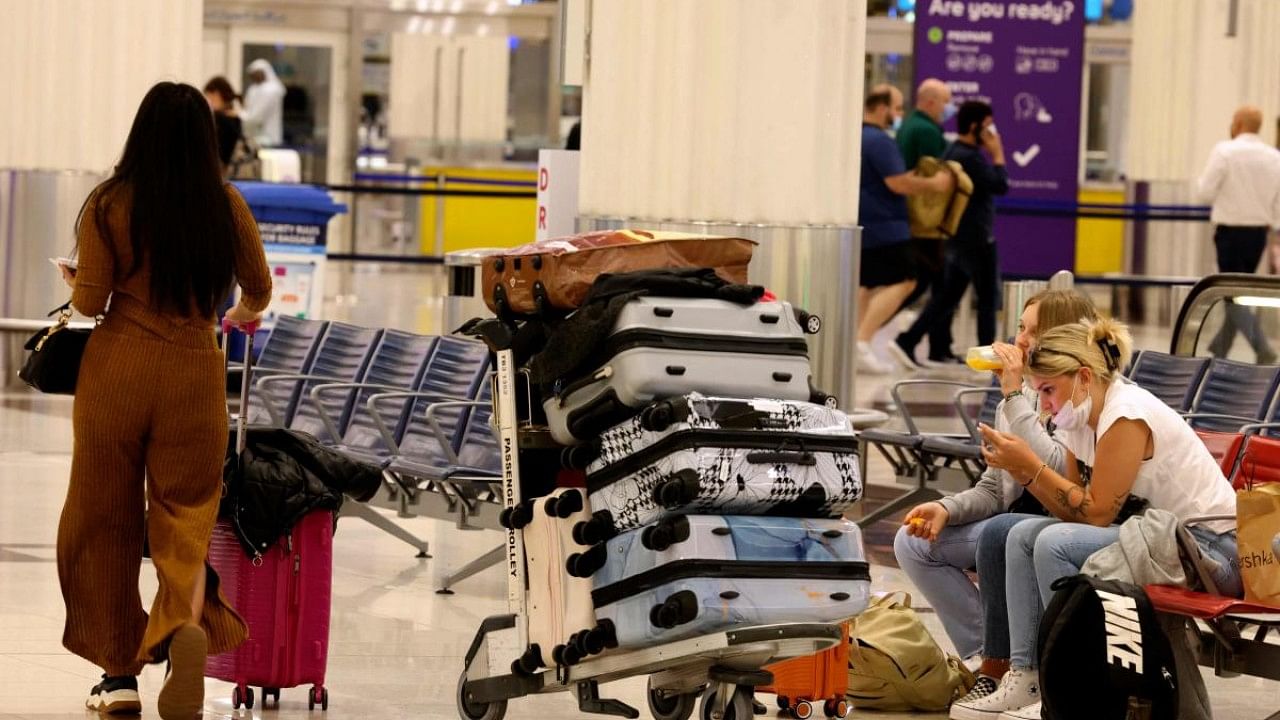
European Union countries agreed on Tuesday to open their borders to travellers from outside the bloc who have had shots against Covid-19 authorised by the World Health Organisation, easing restrictions on those who received Indian and Chinese vaccines.
The EU has so far authorised vaccines produced by Pfizer-BionTech, Moderna, AstraZeneca (when produced in Europe), Johnson & Johnson and Novavax.
In addition to these shots, the WHO has also approved the vaccines produced by Chinese makers Sinopharm and Sinovac and by Indian company Bharat Biotech. It has also authorised the AstraZeneca vaccine made in India by the Serum Institute.
Until now, most EU countries have not admitted people from outside the bloc travelling for non-essential reasons if they have been vaccinated with shots not approved in the EU.
"Member states should lift the temporary restriction on non-essential travel to the EU for persons vaccinated with an EU- or WHO-approved vaccine," said a recommendation adopted on Tuesday by EU governments which would be applicable from March 1.
Restrictions will be lifted for travellers who received the final dose of the primary vaccination cycle at least 14 days and no more than 270 days before arrival. Boosted travellers will also be accepted.
EU states also agreed to lift a temporary restriction on non-essential travel for people who have recovered from Covid-19 within 180 days prior to travelling to the EU.
For people inoculated with a WHO-approved vaccine, EU states could also require a negative PCR test taken at the earliest 72 hours before departure and could apply additional measures such as quarantine or isolation.
Check out the latest videos from DH: